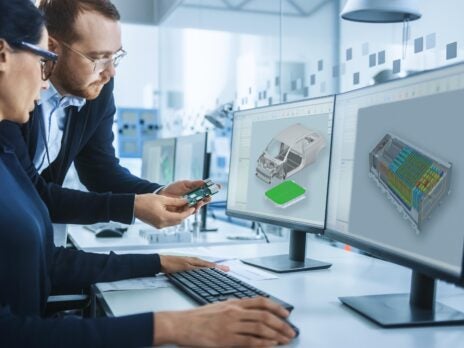
StoreDot, a pioneer of extreme fast charging (XFC) battery technology for electric vehicles (EVs), has revealed advanced technology that extends the lifespan of batteries, making them highly effective not only during the vehicle lifespan, but also for second life applications.
This improved technology combines the innovative electrochemistry system of the company’s silicon dominant cells to ensure that there is minimal drop off in performance even as the battery ages beyond its useful EV life.
A robust performance is claimed to be maintained even after 1000 cycles and 80% capacity, the point at which rival lithium-ion fast charging technologies start to rapidly deteriorate in performance. Even after 1700 cycles, long after the accepted industry norm, StoreDot’s batteries maintain a claimed 70% of the original capacity, making them highly effective in second life usage for less dynamic applications such as in energy storage and grid load balancing systems.
Doron Myersdorf, CEO, said: “We now have the ability to hugely extend the life of our batteries, long after their vehicle service life.
“This technology has huge benefits for sustainability too, reducing the need to retire and recycle an expensive component that can now serve in critical second life applications.”
This latest innovation works in tandem with the recently announced self-repairing cells system which identifies underperforming cells in the electric vehicle and takes them out of service to unobtrusively fix them.
Content from our partners



The company has also recently had patents granted for technology which gives electric vehicles a constant range throughout their life even as the battery deteriorates.
StoreDot said it was in advanced talks with “leading global car makers” and remained “firmly on track to deliver mass-produced XFC batteries, which provide a 50% reduction in charging time at the same cost, by 2024”.
